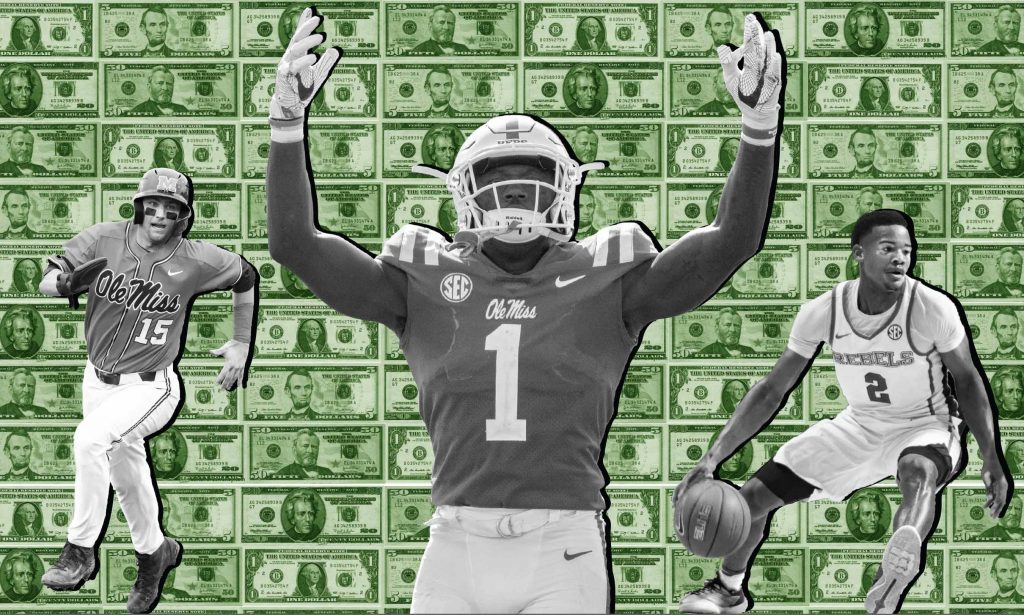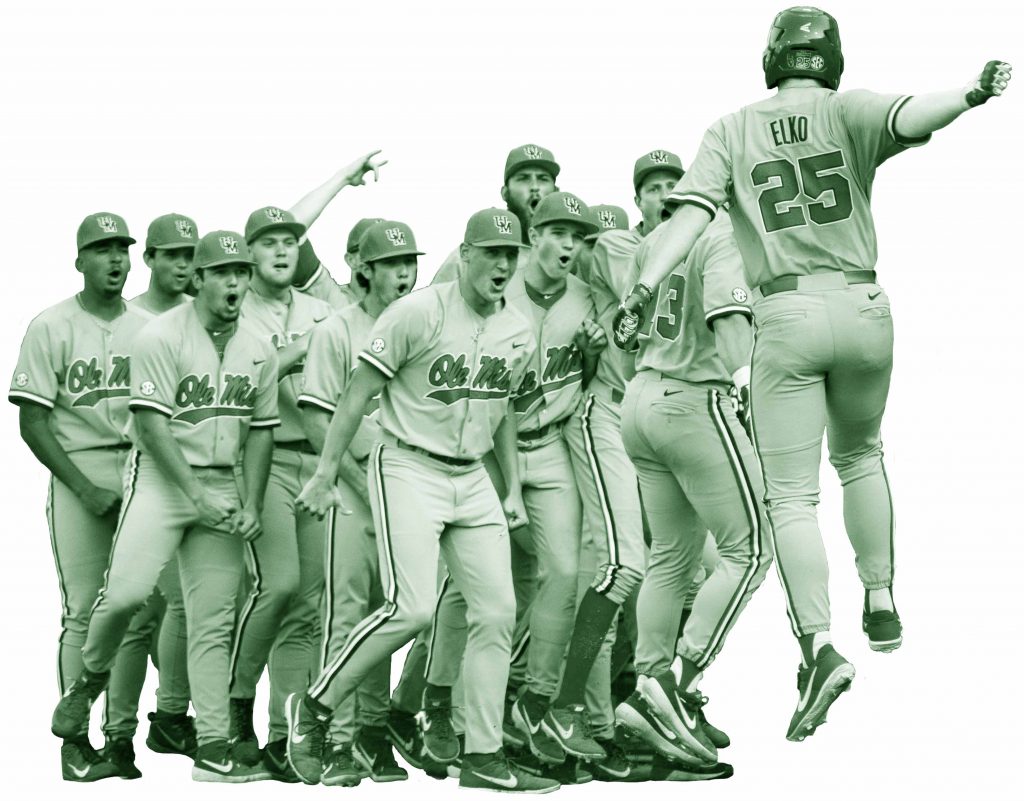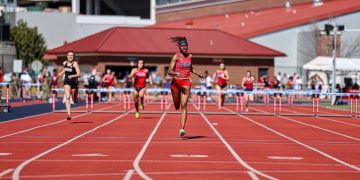
An NCAA board voted unanimously on Tuesday to explore modifying its rules to allow college athletes to profit from their names, images and likenesses.
The board released a statement calling divisions of the NCAA to begin determining how to specifically update their rules “in a manner consistent with the collegiate model.” The board that has gathered feedback for months will continue to weigh it’s options, asking divisions to immediately look at bylaw revisions giving athletes the right to make money outside of their institution by January 2021.
“We must embrace change to provide the best possible experience for college athletes,” NCAA board chair Micheal Drake said in the press release. “Additional flexibility in this area can and must continue to support college sports as a part of higher education. This modernization for the future is a natural extension of the numerous steps NCAA members have taken in recent years to improve support for student-athletes, including full cost of attendance and guaranteed scholarships.”
The official NCAA announcement comes after a California law passed in September that would make NCAA bylaws illegal in the state, prohibiting California schools from punishing student-athletes for profiting off of their own name, image and likeness.
Several other states, including New York, Florida and Ohio, have moved toward introducing a similar bill while the NCAA maintained its stance of calling for a uniform, national bylaw on the matter.
“As a national governing body, the NCAA is uniquely positioned to modify its rules to ensure fairness and a level playing field for student-athletes,” NCAA President Mark Emmert said in the press release. “The board’s action today creates a path to enhance opportunities for student-athletes while ensuring they compete against students and not professionals.”

While the proposals of modernization for the NCAA’s rules will potentially allow players to profit from endorsements, the bylaws will not let the athletes benefit from playing specifically and must meet a list of principles developed by the board, leaving an open door to the definition of a collegiate model.
The NCAA will move to ensure that student-athletes are treated similarly to non-athlete students, “unless a compelling reason exists to differentiate.” The board also seeks to clarify the distinction between collegiate and professional opportunities while protecting the recruiting environment.
“As we process today’s announcement, we will look to our leadership at the conference level to guide us through the future steps of this complex subject matter,” Ole Miss Interim Athletics Director Keith Carter said in a statement Tuesday. “As discussions continue, we are hopeful for a fair and appropriate resolution that will benefit our student-athletes within the collegiate model.”
The language in the statement on Tuesday gives the board room for continued restraint in whatever bylaws are established, but it is ultimately the first step toward student-athletes being compensated for their work.


























